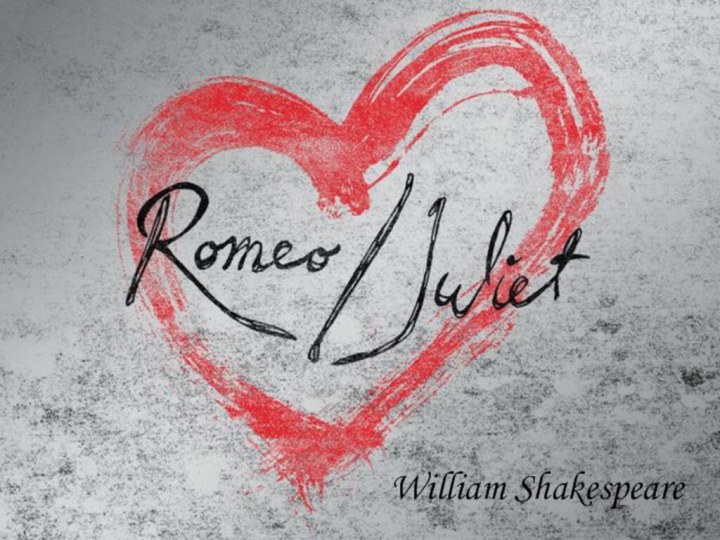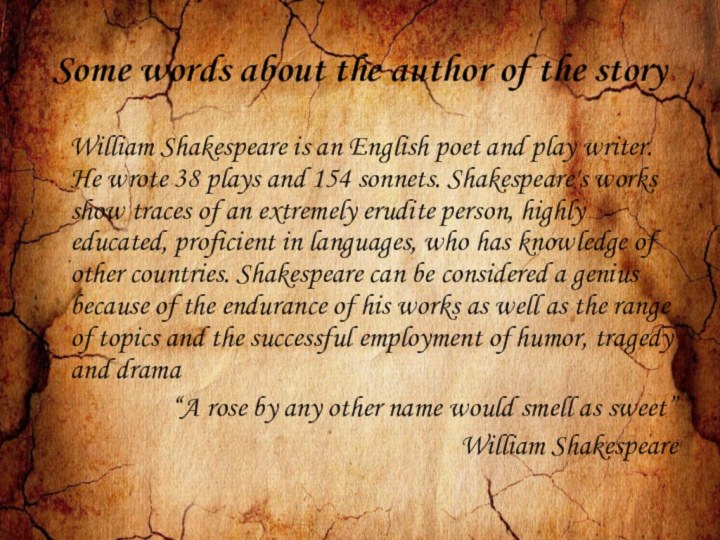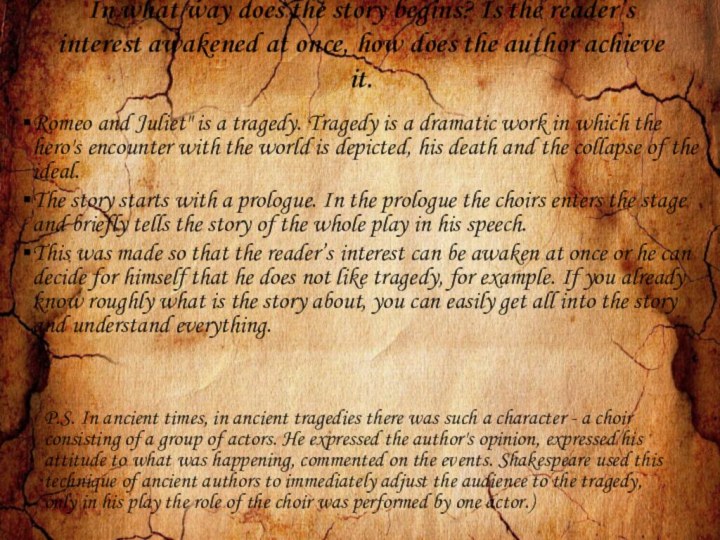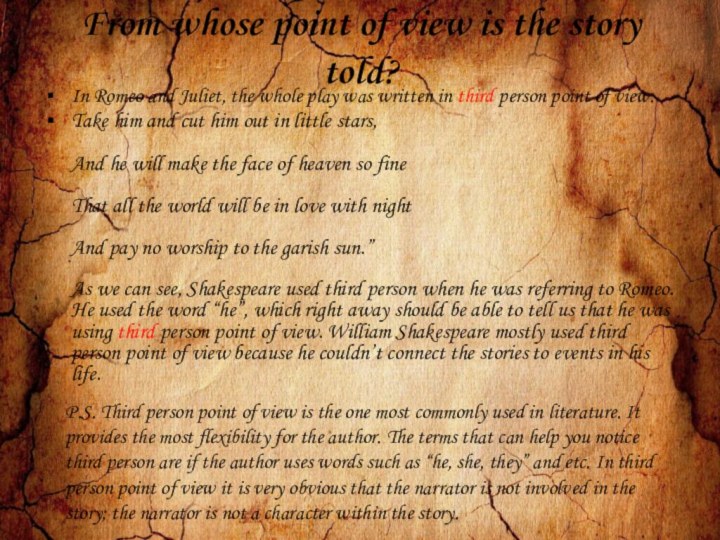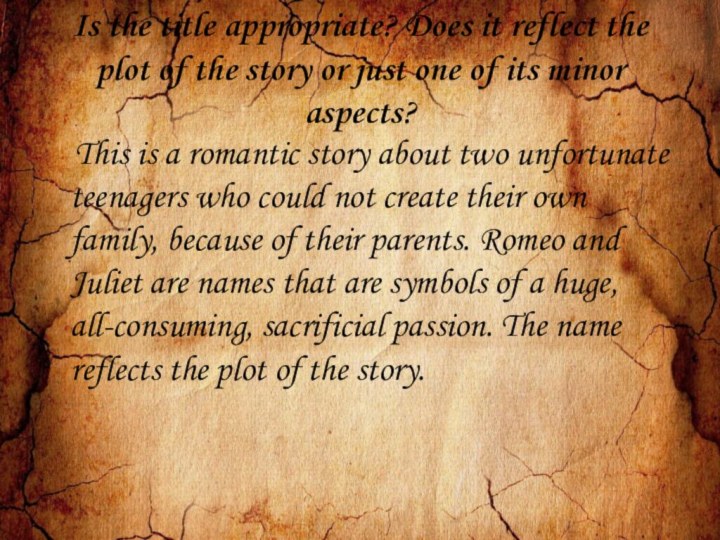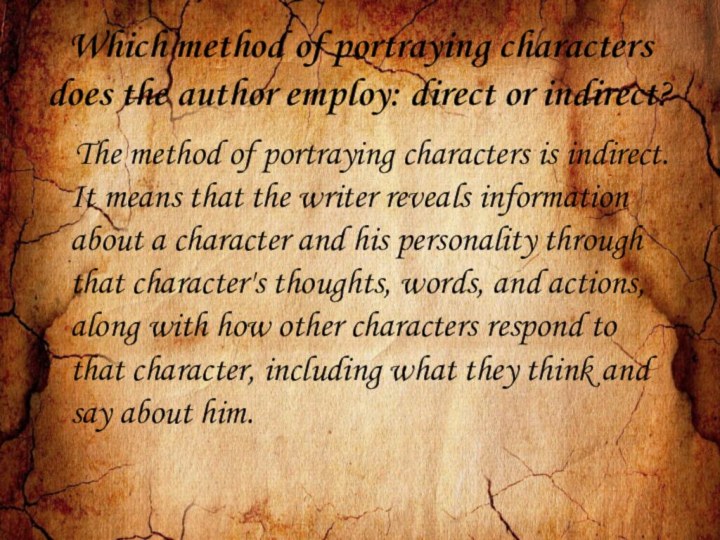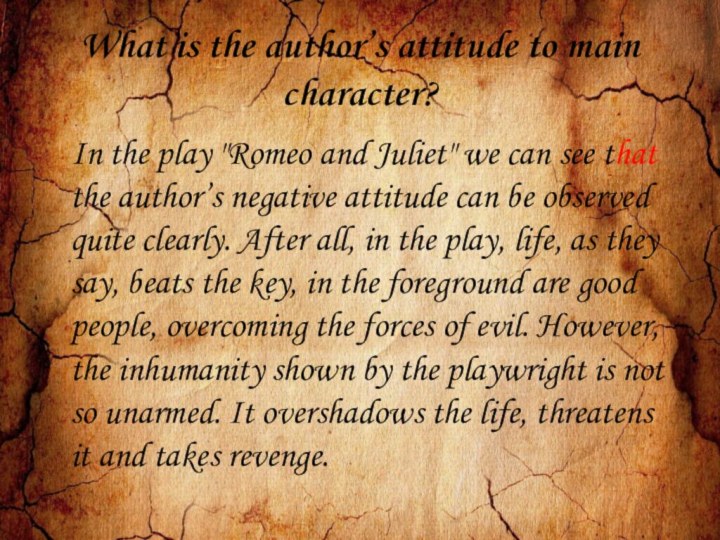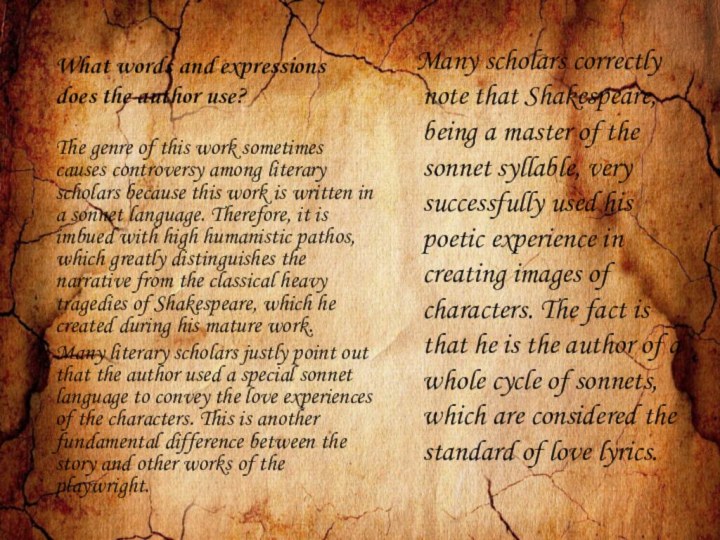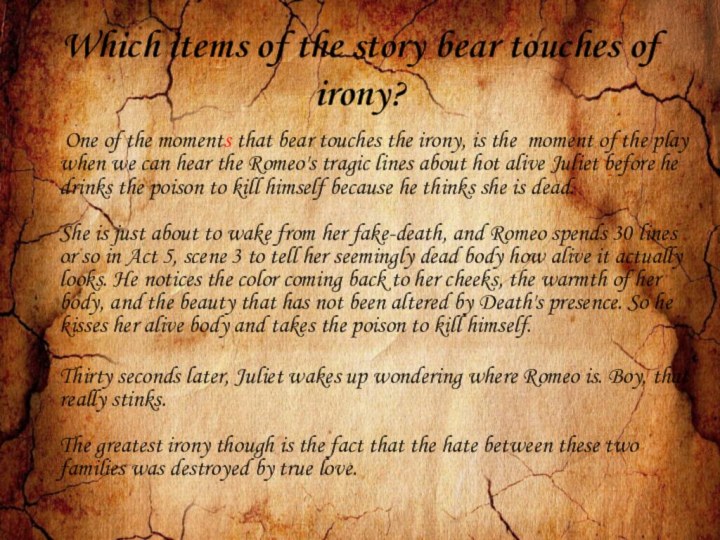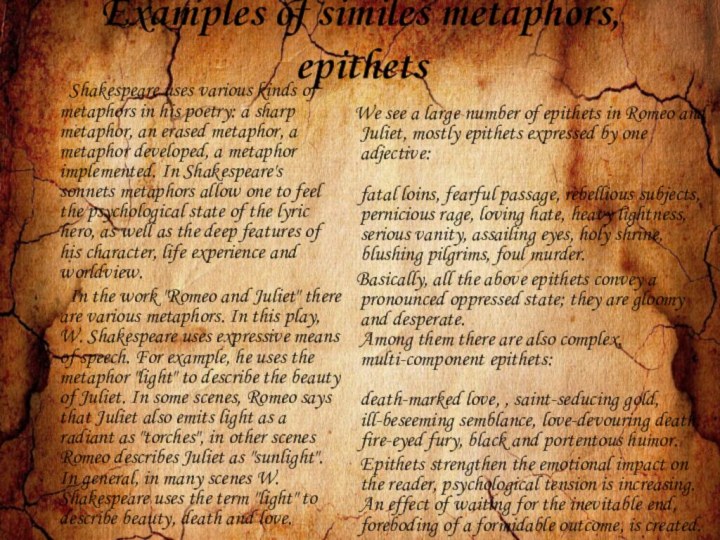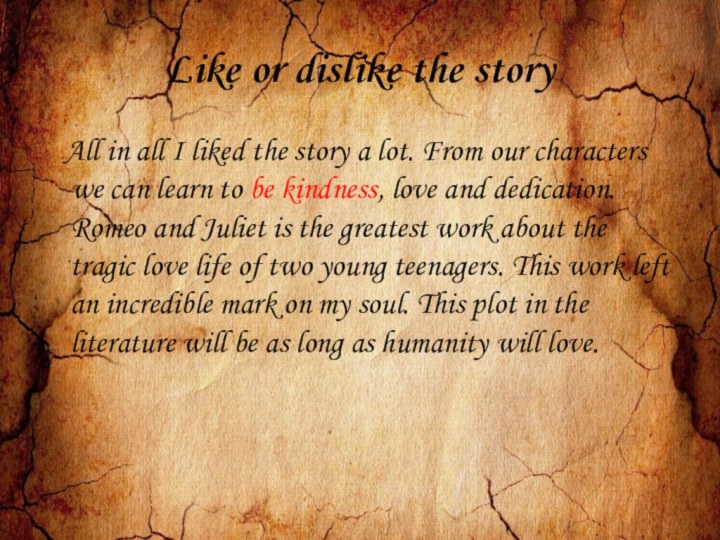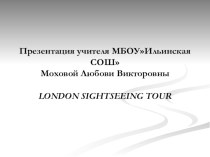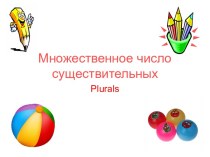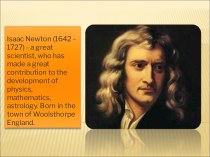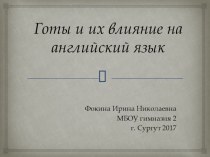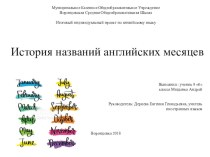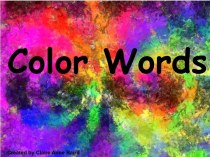Shakespeare uses various kinds of metaphors in his poetry:
a sharp metaphor, an erased metaphor, a metaphor developed, a metaphor implemented. In Shakespeare's sonnets metaphors allow one to feel the psychological state of the lyric hero, as well as the deep features of his character, life experience and worldview.
In the work "Romeo and Juliet" there are various metaphors. In this play, W. Shakespeare uses expressive means of speech. For example, he uses the metaphor "light" to describe the beauty of Juliet. In some scenes, Romeo says that Juliet also emits light as a radiant as "torches", in other scenes Romeo describes Juliet as "sunlight". In general, in many scenes W. Shakespeare uses the term "light" to describe beauty, death and love.
We see a large number of epithets in Romeo and Juliet, mostly epithets expressed by one adjective:
fatal loins, fearful passage, rebellious subjects, pernicious rage, loving hate, heavy lightness, serious vanity, assailing eyes, holy shrine, blushing pilgrims, foul murder.
Basically, all the above epithets convey a pronounced oppressed state; they are gloomy and desperate.
Among them there are also complex, multi-component epithets:
death-marked love, , saint-seducing gold, ill-beseeming semblance, love-devouring death, fire-eyed fury, black and portentous humor.
Epithets strengthen the emotional impact on the reader, psychological tension is increasing. An effect of waiting for the inevitable end, foreboding of a formidable outcome, is created.
